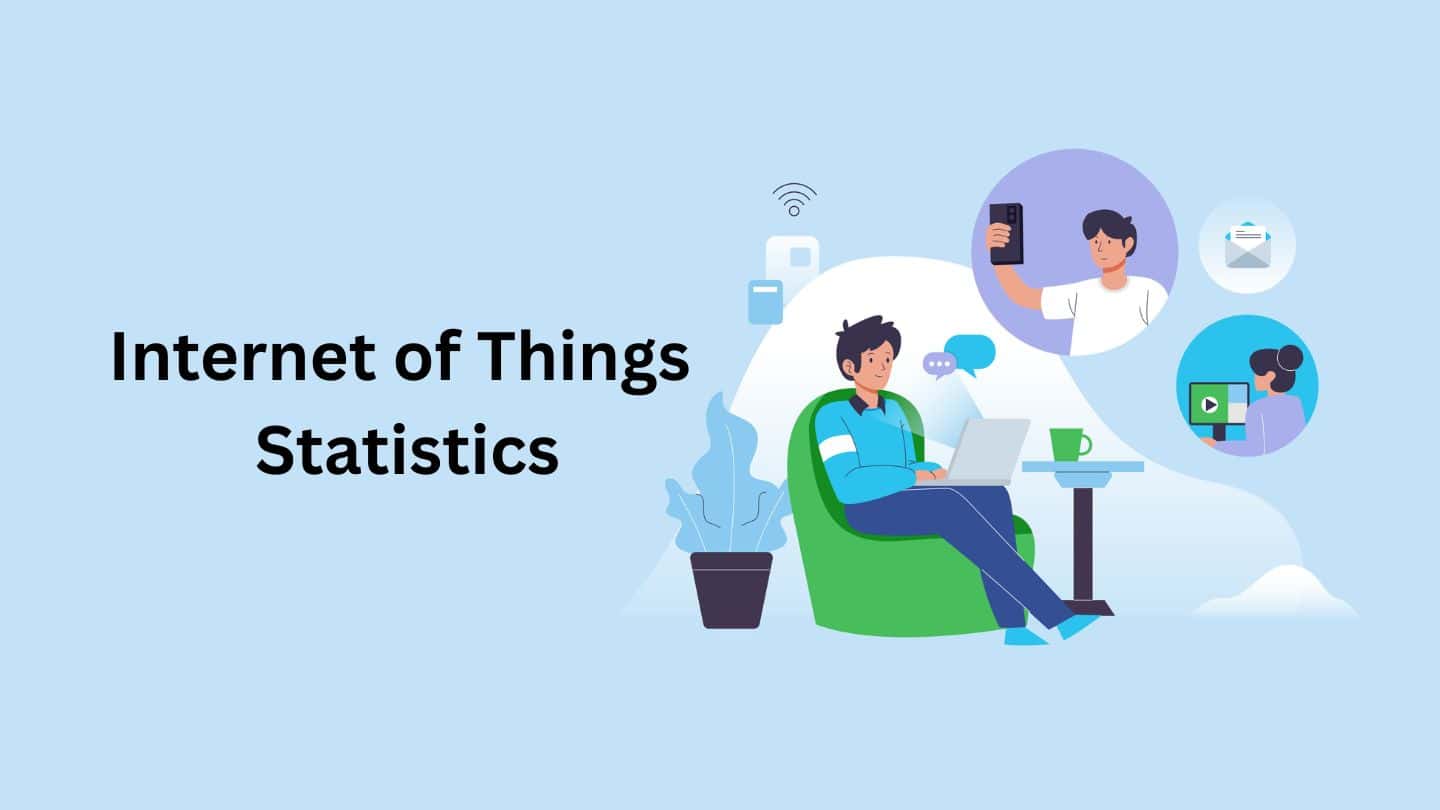Inside the Underground Economy of Computer Gaming

Updated · Oct 15, 2024


“There’s no economic puzzle here,” said Edward Castronova of Indiana University. “Where there’s money to be made, there will be people out to make it. Where some gamers are playing for fun, others are pursuing a new kind of day-trading game and those two factions are trying to co-exist.”
A glimpse at the holiday sales of games and consoles reveals a robust and quickly growing market, but for some players and companies, money is being made far from the register’s ring.
As more and more people are signing on to massively multiplayer online role playing games (MMORPGs), they are finding that some of their fellow players are not there just to pick up magical attributes or fill their virtual coffers with coins. They play to create characters or nab special game goodies with the sole intention of selling them for actual cash in the real world.
In October, the practice grabbed headlines when a player paid $100,000 for a virtual space resort in the game Project Entropia. Although most deals are on a much smaller scale — $70 for 10 million gold sets in Ultima Online, for example — they have become common in popular games, and the business of buying and selling is becoming as brisk online as it is in any retail store. But that does not mean everyone is happy about it.
An Attractive Playing Field
Given the growth and global reach of online game playing, virtual-object auctions have found an enormous audience. According to some estimates, more than 100 million people worldwide play interactive games every month, with game companies reporting cumulative revenues of over $3.6 billion per year from subscriptions.
Most people play for fun, of course, and for the challenge of manipulating their online characters, or “avatars,” through successive levels of the games. But not everyone is so dedicated to putting in the time. Online gamers who might lack the patience, or who simply might want to change characters and do not relish the thought of going back to the first level, turn to individuals and companies that are willing to sell them what they need, for cold hard cash.
On the auction site eBay, there are thousands of items in the Internet Games category, ranging from characters with significant skill points to rare statues found only in a beta version of The Sims Online.
Despite the healthy trade among individuals, though, the fast-moving auctions on eBay are child’s play compared to the millions of dollars being made by those who are seeking serious money.
These opportunists, known as “farmers,” harvest items from a game for sale or barter. The way goods are transferred is often quite easy — if a player buys some gold pieces, for instance, the next time he logs onto the game, a “courier” will run up, confirm the player’s identity, and hand it over. Other transactions involve e-mailing a user name and password so a player can log on as a new character to join a game at a much higher level.
The tactics are seen in several popular games, including Anarchy Online, City of Heroes, Eve Online, EverQuest, Final Fantasy XI, Lineage 2, Star Wars Galaxies, Ultima Online, and World of Warcraft.
From Easter Eggs to Enterprise
Although a number of individuals are engaged in the practice, within the past five years the market has matured to the level that companies now exist for the sole purpose of farming.
In China, several companies have mushroomed, with rows of gamers playing for up to 12 hours at a time, collecting virtual attributes, attaining new levels, and filling their accounts with virtual money.
Recent news reports highlighted “gold factories” where young Chinese gamers take on long shifts, grinding through games to accumulate items for sale. Mainly, they work to build up virtual currency, which players need to buy weapons, charms, or spells that get them into higher and higher levels.
By some estimates, there are hundreds, if not thousands, of these online gaming factories, employing over 100,000 people full-time. A common rumor in the industry is that in some popular games, up to half of the players are Chinese farmers.
U.S.-based IGE, with offices in Los Angeles, Miami, and Hong Kong, reflects the growth of this synthetic economy. Claiming to be the operator of the world’s largest secure network of buying and selling for MMORPGs, the company also provides a trading platform so that gamers can swap items with each other.
Started in 2001 by gamers Brock Pierce and Alan Debonneville, IGE has bloomed, with 24-hour customer service, an affiliate program, and an executive team pulled together from Universal Interactive, Yahoo Games, and Ubisoft.
The Journey Ahead
As online games increase in popularity, so too does this secondary market, which is poised to become even more successful in the next few years. According to IGE, the 2005 marketplace for virtual assets was near $900 million, and some believe that this market could overcome the primary market — the sales of games themselves — by 2010.
“It’s the classic law of supply and demand,” said Edward Castronova, associate professor in the Department of Telecommunications at Indiana University, and author of “Synthetic Worlds: The Business and Culture of Online Games.”
“There’s no economic puzzle here,” he said. “Where there’s money to be made, there will be people out to make it. Where some gamers are playing for fun, others are pursuing a new kind of day-trading game and those two factions are trying to co-exist. When I play, I’m in a fantasy, but they’re in business.”
Indeed, the line has blurred between what people do in real life and what people do in games. Instead of slaying dragons, players might create clothing shops, for instance, or engage in land speculation, bringing the games more in line with offline reality.
Another indication of the popularity of the virtual marketplace can be seen in new types of viruses and worms created specifically to steal avatar skills and powers, according to Graham Cluley, senior technology consultant at the security firm Sophos.
“These are clever viruses created for a very specific purpose,” he said. “They go into a game, harvest the powers from avatars, and bring them back to the virus developer, who then likely sells them.”
The practice is not yet widespread enough to cause alarm in the gaming industry, but as the auction market grows, it is likely that more viruses of this ilk will appear.
Another fledgling concern is crime within the games, as virtual environments are not covered by any real-world laws. Last August, authorities arrested a gamer whose avatar robbed other characters in Lineage II, but then found they could not charge him with anything. Similarly, reports have surfaced about the “murder” of avatars following farming transactions, but again, the lack of any offline laws makes such actions merely notorious, not illegal.
Game Over?
Although players with few skills may be delighted about how easy it can be to get a new avatar or virtual coins, not everyone is so enthusiastic.
“It definitely affects how players view each other, and creates an atmosphere of distrust in certain cases,” said Mia Consalvo, an associate professor in the School of Telecommunications at Ohio University who has studied game play, and has been an avid player herself.
One of the central problems many gamers find is that they do not know who is buying and selling virtual property and virtual cash. Such actions often are not advertised because it is against the terms-of-service agreements in many games, Consalvo said. This leaves players wondering who has “earned” their items and who has bought them.
For a real-world analogy, imagine three people playing the board game Monopoly. If the valuable property Boardwalk was for sale, and one player offered $100 in game money and another offered $100 in real money, it is likely that the seller would jump at the chance to earn some actual cash. But the person playing only with game money would see the practice as cheating, and feel at a disadvantage in the game.
In many cases, the amount of suspicion is actually changing the way that games are being played. “In some games, high-level guilds [groups of players] will have potential new recruits ‘try out’ for entrance,” said Consalvo, “to ensure that the player knows how to play at that level, and isn’t a newbie that just bought the account on eBay.”
With Great Power …
Having avatars who are unfamiliar with their purchased skills also is compromising the integrity of games, said Richard Bartle, game researcher and author on Terra Nova, a weblog focused on the social and economic aspects of MMORPGs. Another aspect of the virtual economy, and one that actually has a detrimental economic effect in the real world, is the use of high-powered weaponry and attributes at inappropriate levels.
“There is a basic problem in game play, whereby players have equipment that’s too powerful for their level, so they rip though content far too easily,” he said. “This means developers don’t have them playing for so long, and therefore don’t get so much money from them. This is driving a bigger demand for high-end content than there should be.”
Of particular concern, Bartle added, is how farmers operate within a game, which can leave players frustrated. A player may find that he needs an item that is only dropped by a particular dragon, but once he approaches the dragon, he finds that it is guarded by a group of farmers that will not let him near the creature. The farmers may kill the dragon, take the item, and then offer it for sale.
“What can you do?” said Bartle. “You can only get the item from them, but if you pay for it then you’re encouraging them to extort money from the next person who wants it. They’re effectively making you pay a toll for content.”
But gamers who buy virtual property defend the practice by pointing out that they simply want to advance but do not have as much time as hardcore gamers, said Julian Dibbell, author of “My Tiny Life: Crime and Passion in a Virtual World,” and a founder of the Terra Nova blog.
“In some ways, it’s an unsophisticated response to complain [that] this person got ahead because they have more money than you do,” he said. “Because you probably have more time than they do.”
What the buying and selling of avatars and gold does, to some degree, is rectify the imbalance between those who have a great deal of time but little money, and those who have the spare cash but do not have huge chunks of time to play games like Final Fantasy or Ultima Online, Dibbell said.
But that does not mean balancing out the two groups of players is easy on game play, he added. “It’s tricky, because it creates a situation the developers didn’t intend,” said Dibbell. “When you have people farming, it pumps money into an economy at a rate much faster than normal players can generate, so it has the effect of throwing a game’s economy out of whack. That leaves players having to spend real money just to buy what they need, instead of earning it through playing.”
Boss Fights
Game companies, meanwhile, seem to be torn over how to appease gamers while cashing in on the secondary market at the same time.
Some developers choose to become sellers, as Mindark did when it sold real estate in its Project Entropia game. Other companies are working to curtail commercial activity. Square Enix, for example, maker of the Final Fantasy games, changed the way players can go fishing, to cut down on the use of bots that were created to fish while players where absent.
In general, game companies are not happy with the growth of farming, according to Castronova.
“Game developers are very aware of this secondary market as a revenue driver, but they haven’t yet figured out how to harness it without angering their players,” he said. “In the meantime, they’ve been tweaking their games to discourage farming and limit its spread.”
Sony Online Entertainment, developer of EverQuest, took a different approach by creating Station Exchange, a trading platform where players can swap with each other.
“The launch of Station Exchange significantly cut down on complaints from EverQuest players,” said Dibbell. “Now there’s no room for fraud, and Sony has a measure of control over how traded items affect the game.”
Even auction sites have shown some caution. In 2001, after complaints that selling EverQuest items was a violation of the game’s license agreement, eBay and Yahoo first cancelled a number of auctions, and then banned EverQuest auctions entirely.
Although gamers appreciate efforts being done by developers and auction sites, they often do not think that enough is being done, said Consalvo. “Developers are aware, but there are often just too many people trying to engage in such practices to be able to completely eliminate it,” she said.
Because of this growing frustration, some gamers have begun a backlash against the practice, and try to stop it when they can. For example, there are lists on the discussion boards for Final Fantasy, noted Consalvo, that have the names of “commercial gold farmers” so players can snub them when encountered.
During a recent game, Consalvo saw a mob of angry players corner a farmer and attack, with their avatars slapping and kicking the interloper for bringing auction activity into the game.
The Next Level
As game companies try to control the trading, firms like IGE will continue to see a brisk business in selling items that do not actually exist, for money that most definitely does.
Given the growth of gaming-related auctions and sales, it should not be long before new types of transactions appear, or different techniques for making money off of gamers emerge, noted Castronova.
“Already, it’s rapidly evolving, to the point where IGE could be dwarfed by some savvy, giant company that figures out how big this market is,” he said. “This is going from being indivRegardless of the intense feelings of some gamers — even if they know how to throw a strong virtual punch — it is likely that avatar auctions and farming companies are here to stay.iduals selling avatars on eBay to an actual industry.”
As the industry matures, it is likely to generate proposals for regulating it on a larger level. The use of inexpensive labor may even draw attention to human-rights issues, with calls to limit shift lengths and increase wages in “virtual sweatshops.” Could there eventually be a Game Farmers Local 121?
“As synthetic worlds grow in importance, we’ll see scholars, legal analysts, and game industry experts under increasing pressure to generate sensible guidelines for different aspects of the practice,” Castronova said.

Rohan is a senior editor at Sci-Tech Today with extensive knowledge of digital marketing, SEO, and social media optimization (SMO). He is skilled at creating and editing detailed articles filled with accurate statistics that readers find valuable. As a senior editor, Rohan carefully reviews and quality-checks content from multiple writers before it is published. Additionally, he creates infographics to accompany the statistics, making the information easier to understand and more engaging for readers. Rohan's dedication ensures that Sci-Tech Today delivers high-quality and informative content to its audience.









